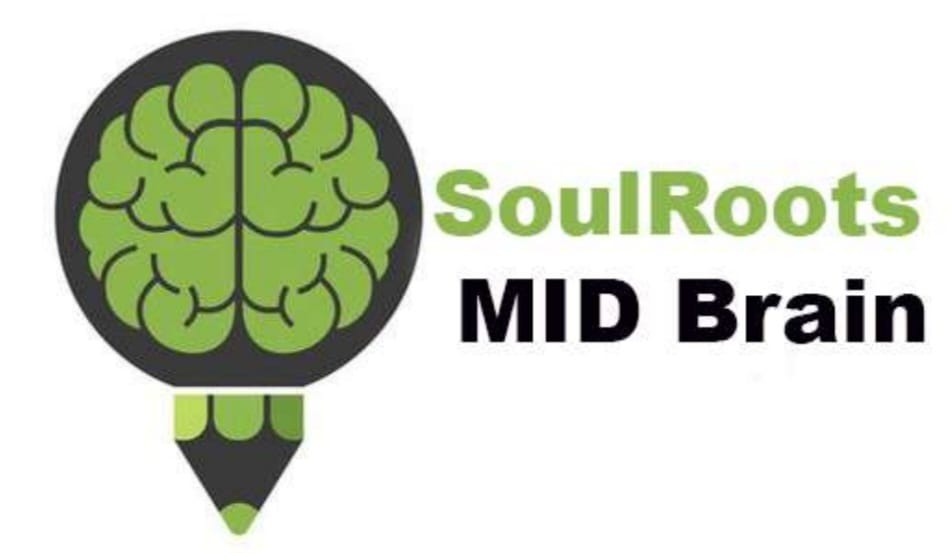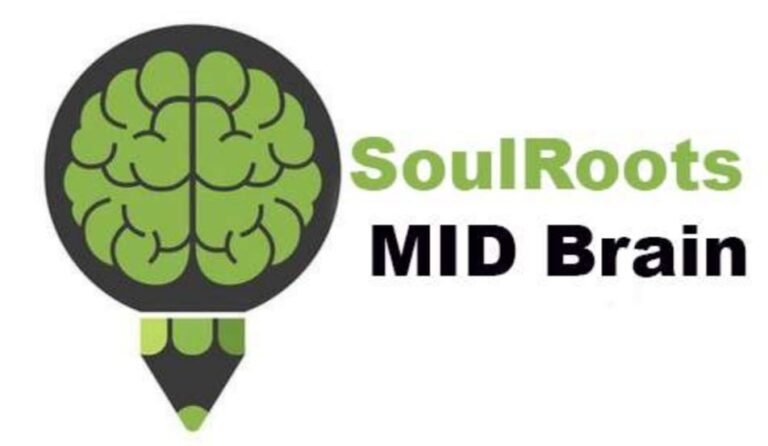Finding inner peace in today’s fast-paced world is essential for maintaining a balanced life. We often seek ways to calm our minds and emotions amidst stress. Emotional regulation therapy is one pathway that can lead to enduring tranquility. It’s a therapeutic approach designed to help individuals manage their emotions more effectively. This therapy offers a structured method to achieve lasting peace, enabling us to handle daily challenges with greater ease and poise. By engaging in this therapy, individuals can unlock a more peaceful and balanced lifestyle.
Understanding Emotional Regulation
Emotional regulation involves managing and responding to emotional experiences in healthy ways. It plays a crucial role in maintaining good mental health. Some may think emotional regulation means suppressing feelings, but that’s a myth. It’s about understanding and expressing emotions appropriately. Emotional regulation techniques are vital for mental and emotional well-being because they teach us how to interact with our feelings without letting them control us. These techniques ensure we don’t react impulsively and can improve our self-esteem and decision-making skills.
Being able to regulate emotions helps in nurturing inner peace and emotional stability, making us more resilient when facing life’s challenges.
Core Benefits of Emotional Regulation Therapy
Engaging in emotional regulation therapy can enhance your emotional well-being and resilience. These improvements lead to decreased feelings of depression and anxiety. This therapy is valuable for relationships too, as it improves communication and understanding between people. It helps in reducing stress and anxiety through practical strategies like deep breathing and mindfulness exercises. The therapy also builds heightened self-awareness, which is essential for personal growth. By focusing on therapy for emotional regulation, individuals can see a marked improvement in coping with daily stressors and improving overall happiness.
The Mechanics of Emotional Regulation Therapy
Several therapy approaches exist to assist with emotional regulation, including Cognitive Behavioral Therapy (CBT) and mindfulness. A typical emotional regulation therapy session involves identifying and understanding the emotions being felt and then learning how to manage them. The strategies used are usually tailored to fit an individual’s specific needs, making the therapy more effective. Whether it involves learning to take a pause before reacting or applying relaxation methods, the focus remains on teaching practical, personalized skills that can be incorporated into daily life for improved emotional management.
Evidence-Based Emotional Regulation Techniques
There are various proven emotional regulation techniques that form the core of this therapy. One such technique is mindfulness meditation, which helps keep emotions grounded. Another method is deep breathing exercises, known to relieve stress effectively. Additionally, cognitive reframing and positive self-talk are strategies that shift negative thinking patterns to positive ones. Journaling helps in recognizing emotional patterns and tracking progress.
For example, imagine encountering a stressful situation. Using mindfulness, you might take a moment to breathe deeply, assess your feelings, and choose a calm response instead of reacting. Journaling afterwards could reveal insights about emotional triggers and patterns, further enhancing self-awareness.
Transformational Stories: Before and After Emotional Regulation Therapy
Numerous studies demonstrate the success of emotional regulation therapy. For instance, a case study showcased a person who, through therapy, transitioned from being overwhelmed by daily stresses to handling them with grace and calmness. This individual once struggled with anxiety but now deals with situations more constructively, thanks to tailored emotional regulation techniques that promote a balanced emotional state.
Taking the First Step Towards Inner Peace
Getting started on a journey towards inner peace involves reflecting on your current emotional habits. Consider how you react under stress and what feelings frequently arise. Thinking about these can reveal areas needing change. Beginning therapy for emotional regulation can be a tangible step towards improvement. Seek professional guidance if possible, to learn structured approaches to managing emotions. Remember, persisting with these efforts makes inner peace attainable. It’s a journey worth embarking upon for long-term happiness and balance.
Conclusion: Unlock Inner Peace Today
Emotional regulation therapy offers the key to significant emotional transformation and peace. By understanding and managing your emotions better, you can embark on a rewarding journey to emotional well-being. Commit today to start taking steps towards learning these invaluable skills.
Transform Your Emotions with Emotional Regulation Therapy at SoulRoots
Emotional regulation therapy is the key to achieving emotional balance and inner peace. At SoulRoots, we guide you in understanding and managing your emotions for a more fulfilling life.
Commit today! Book your consultation to begin your journey towards emotional well-being with SoulRoots.



